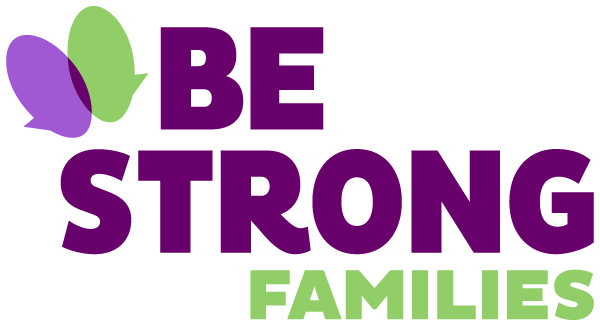Wanted - A New Type of Foster Parent
This week I had an interesting conversation with a colleague. She was using my experiences as a foster parent to help shape redesigning the child welfare system in America. We talked for 40 minutes and the conversation has been playing in my head for days. One of her main questions was—How do we place an emphasis on maintaining children with their families while messaging that foster parents do good work—and only should be used as a last resort?
As I think back over the 20 years of caring for other people’s children, what stands out to me is the lack of emphasis placed on relationships. When I started fostering in 1996, I thought I was a great foster parent. The kids were physically safe, cared for and in a better situation. Eventually, those kids went back to their mom and left me and my husband sad. The sadness was a combination of missing their presence (normal and expected), not knowing what their future held and wondering if we did everything we could for those kids while they were with us. After many years and kids—I can look back and say—I was a bad foster parent.
I was missing a key ingredient to being a foster parent—empathy! Brené Brown says that “empathy is the antidote to shame.” I had zero empathy for these kids' mom. I judged her mistakes. I made it hard to maintain a connection with her kids as she was working her plan. I questioned the system’s judgement at her sobriety and dedication to her children. I placed myself in the hero role and her in the villain role. I was under the impression that she should feel shame—like there was a benefit to it.
I did not physically hurt those kids, but I imagine the emotional damage I contributed to. The CEO of Be Strong Families, Katthe Wolf, taught me that physical safety is only one aspect of safety. For a kid to feel safe, they also must be emotionally safe. That resonated with me! If a person is hurt, it is in relationship and so the healing, too, must also be done in the context of relationship.
Over the years, I became a much better foster parent. I became more of an ally to the parents. Kids don’t exist without their families and we cannot pretend that their lives began the day they are placed. That is emotionally unsafe.
As a foster mom, I had to learn the skills needed to transparently, genuinely connect with people. I also had to push down my ego, my hero mentality and other people’s expectations of what fostering looks like. It's hard—heart work. It demands I examine myself at every decision.
Parents with children in care feel shame and it’s counterproductive to correcting the conditions that led to the protective custody. What if all foster parents understood that secrecy (hiding), silence (disconnecting) and judgement (ego) breed shame? And that if we did the opposite—being transparent, connecting and walking in humility—shame couldn’t survive. This calls for a new type of foster parent. One that will be brave enough to take the emotional risk and exposure and the uncertainty of life and fight like hell for families.
If kids are going to find their way home to their parents, it's time for foster parents to walk the path of vulnerability. And—if people are fostering this way already (I know I’m not alone!), speak up! Train others! Do what you can to be the antidote to the old way!
Foster Parents (and their supporters), its something to think about.
Article by: Robyn Harvey
